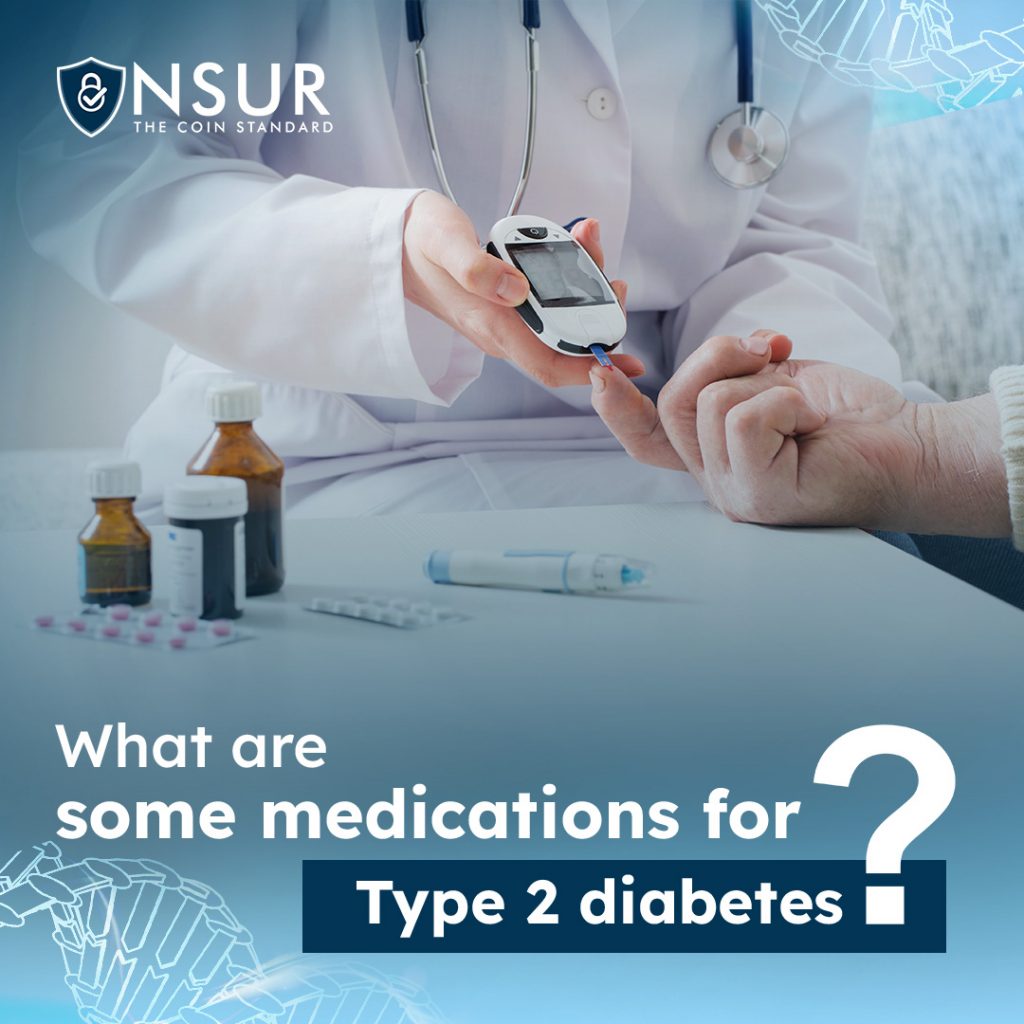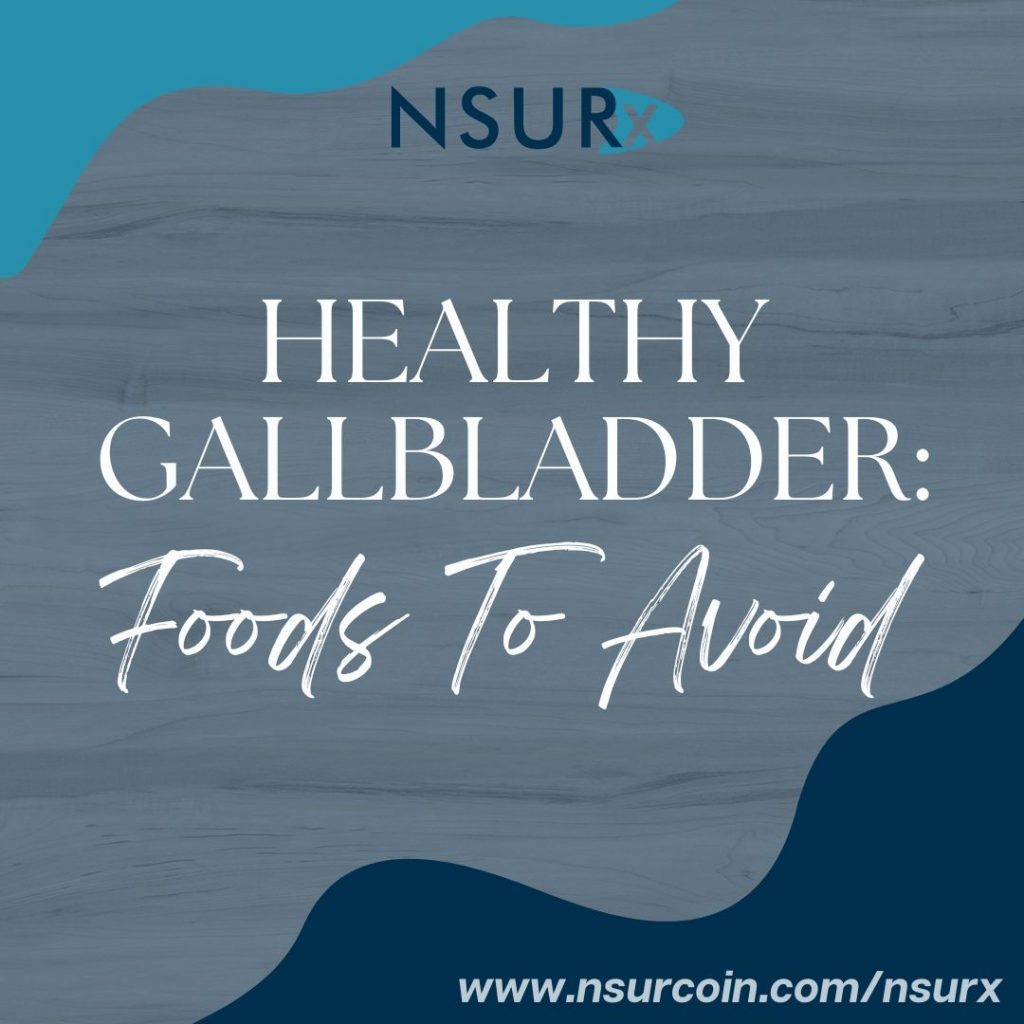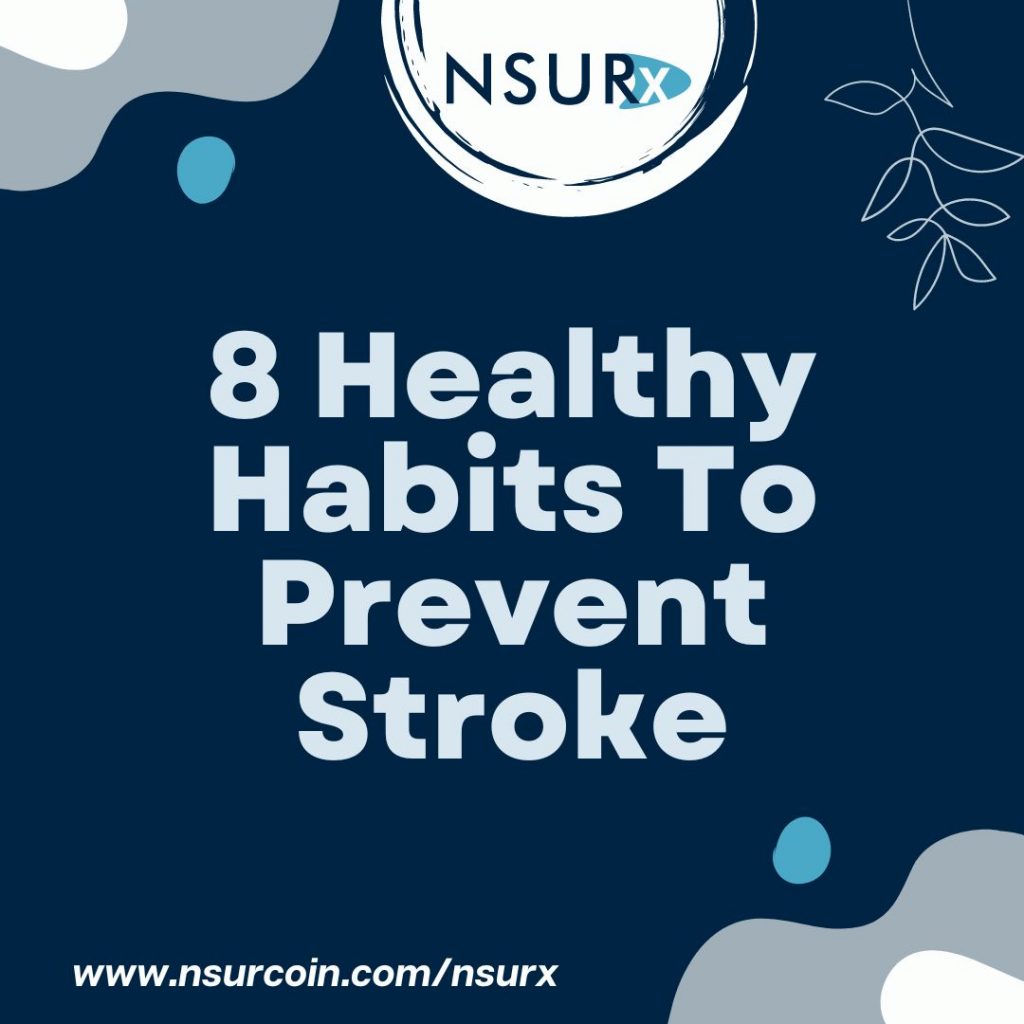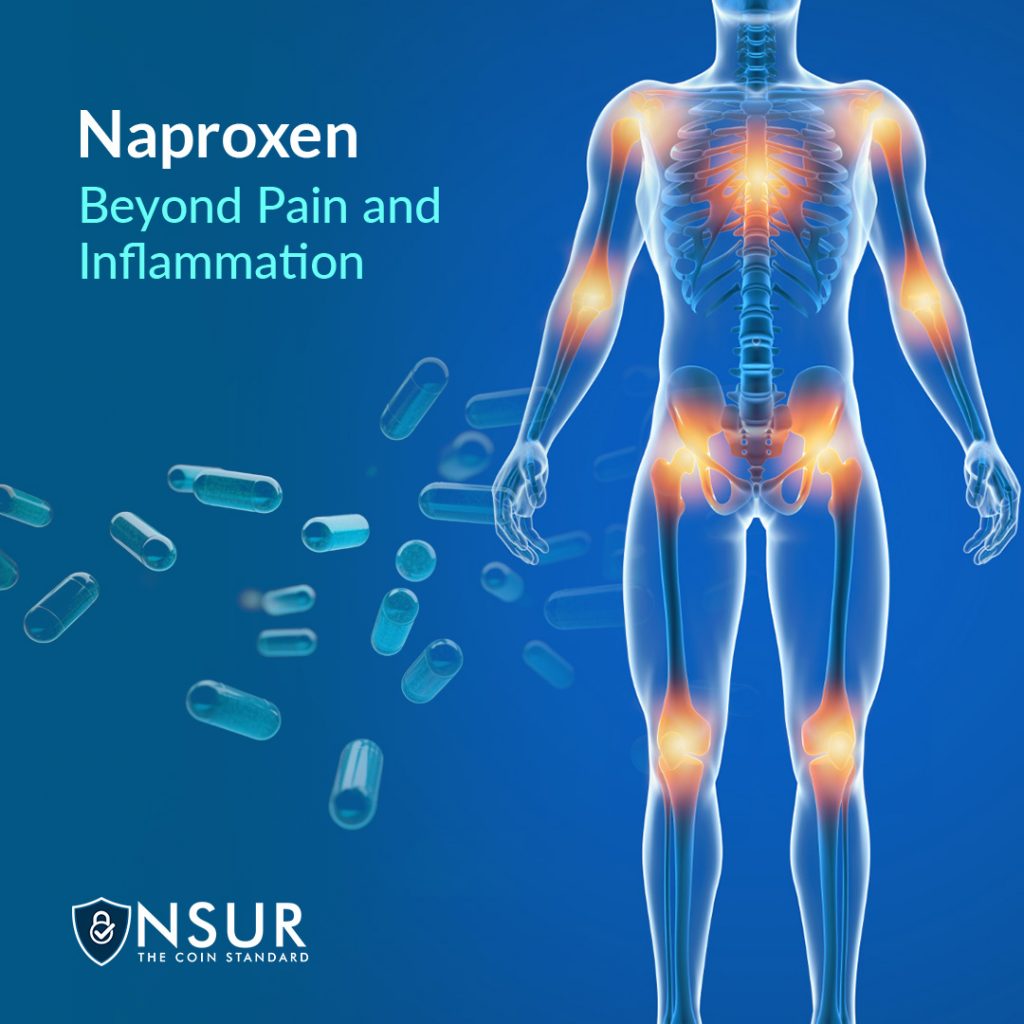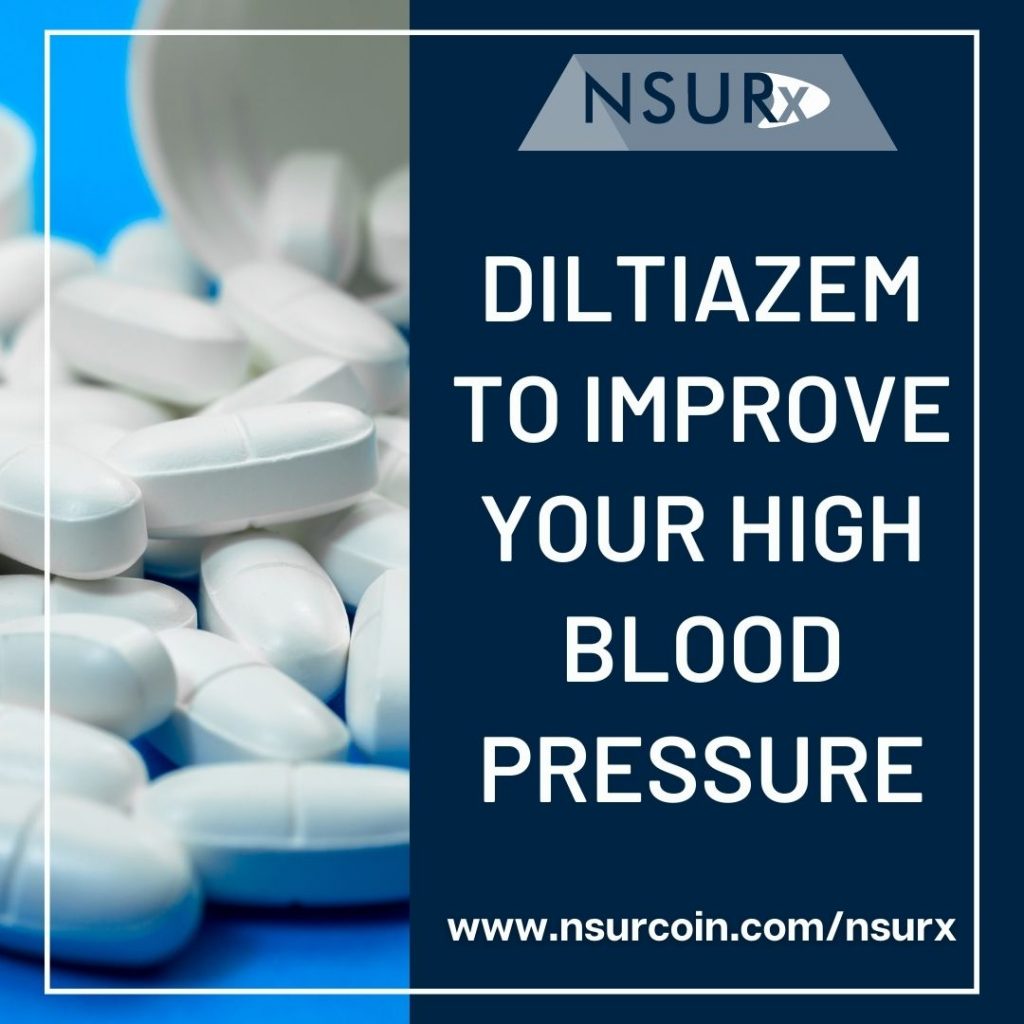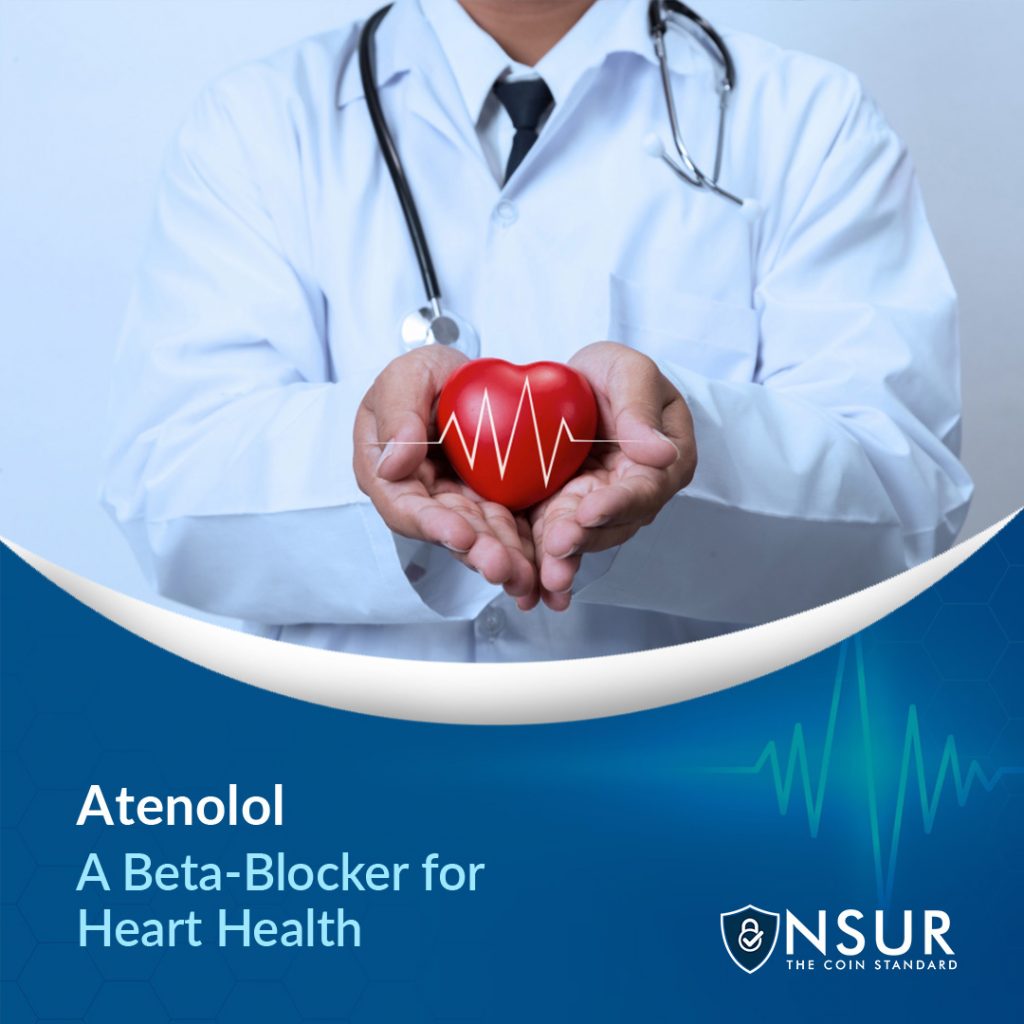
When it comes to maintaining heart health, the importance of proper medication cannot be overemphasized. Among the plethora of heart medications available, Atenolol has emerged as a valuable treatment for various cardiovascular conditions.
Atenolol, a type of medication known as a beta-blocker, works by reducing your heart rate, blood pressure, and strain on your heart. Here’s an in-depth exploration of Atenolol, its benefits, and the pivotal role it plays in heart health.
Understanding Beta-Blockers
Beta-blockers are drugs that bind to beta-adrenoceptors present in various tissues in the body, predominantly the heart and blood vessels (source). These drugs help slow down the heart rate, decrease blood pressure, and reduce the heart’s demand for oxygen. Among these, Atenolol stands out for its selectivity and effectiveness in treating various heart-related conditions.
Atenolol: An Overview
Atenolol is a type of beta-1 selective beta-blocker, often prescribed for conditions such as hypertension (high blood pressure), angina (chest pain), and arrhythmias (irregular heartbeats). It’s also used to prevent future heart attacks in patients who’ve already experienced one (source).
Benefits of Atenolol
The primary advantage of Atenolol is its ability to reduce high blood pressure, thus lowering the risk of strokes, heart attacks, and kidney problems. By managing hypertension, Atenolol helps in maintaining heart health over time (source).
Atenolol also alleviates chest pain, a common symptom of angina. The drug aids in increasing exercise tolerance and reducing the frequency of angina attacks, thereby improving the quality of life for individuals with this condition.
Moreover, for those who have experienced a heart attack, Atenolol is beneficial as it aids in improving survival rates by minimizing the chances of subsequent heart attacks (source).
Usage and Side Effects
Atenolol is typically administered orally, and dosage depends on the individual’s condition and response to treatment. It’s crucial to follow your doctor’s instructions to ensure optimal outcomes.
Like all medications, Atenolol can have side effects. These may include dizziness, tiredness, and slow heart rate. Severe side effects are infrequent but can include shortness of breath, sudden weight gain, or unusually cold hands and feet. Individuals should seek immediate medical attention if they experience severe side effects (source).
Take advantage of NSURx for your prescription drugs!
With the NSURx Prescription Benefit Card, you can save money on your medications at more than 35,000 pharmacies across the United States.
You can save up to 80% on your medication by using an NSURx card. Hundreds of dollars in savings could be yours every time you fill out your prescription.
The more you shop with NSURx, the more NSUR Coins you will receive as a reward.
Conclusion
While lifestyle modifications remain the first line of defense against heart-related ailments, medications like Atenolol can play a critical role in managing and improving heart health. As with all medicines, understanding Atenolol, its benefits, side effects, and the role it plays in heart health is crucial.
Remember, while this article provides an overview of Atenolol’s uses and benefits, it should not replace professional medical advice. Always consult with a healthcare provider before starting or changing any medication.
References:
- “Beta-Adrenergic Blocking Agents”. National Center for Biotechnology Information. Link
- “Atenolol (Oral Route)”. Mayo Clinic. Link
- “Hypertension Treatment With Beta-Blockers: It’s All About Heart Rate”. Hypertension. Link
- “Atenolol in hypertension: is it a wise choice?”. National Center for Biotechnology Information. Link
- “Atenolol”. MedlinePlus. Link
Disclaimer
This blog post is intended for informational purposes only and should not be considered a substitute for professional medical advice. Always consult with a qualified healthcare provider for personalized recommendations and guidance.

